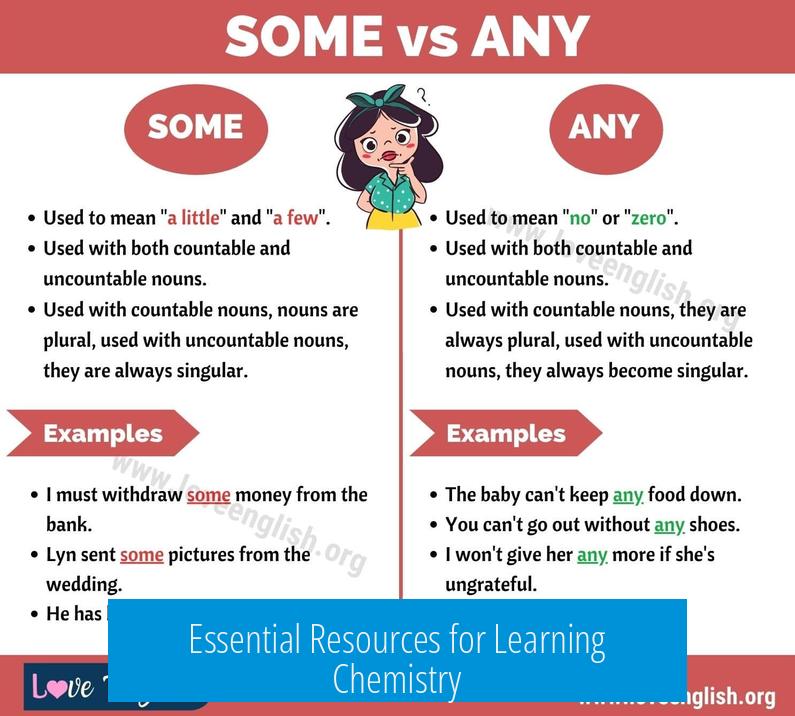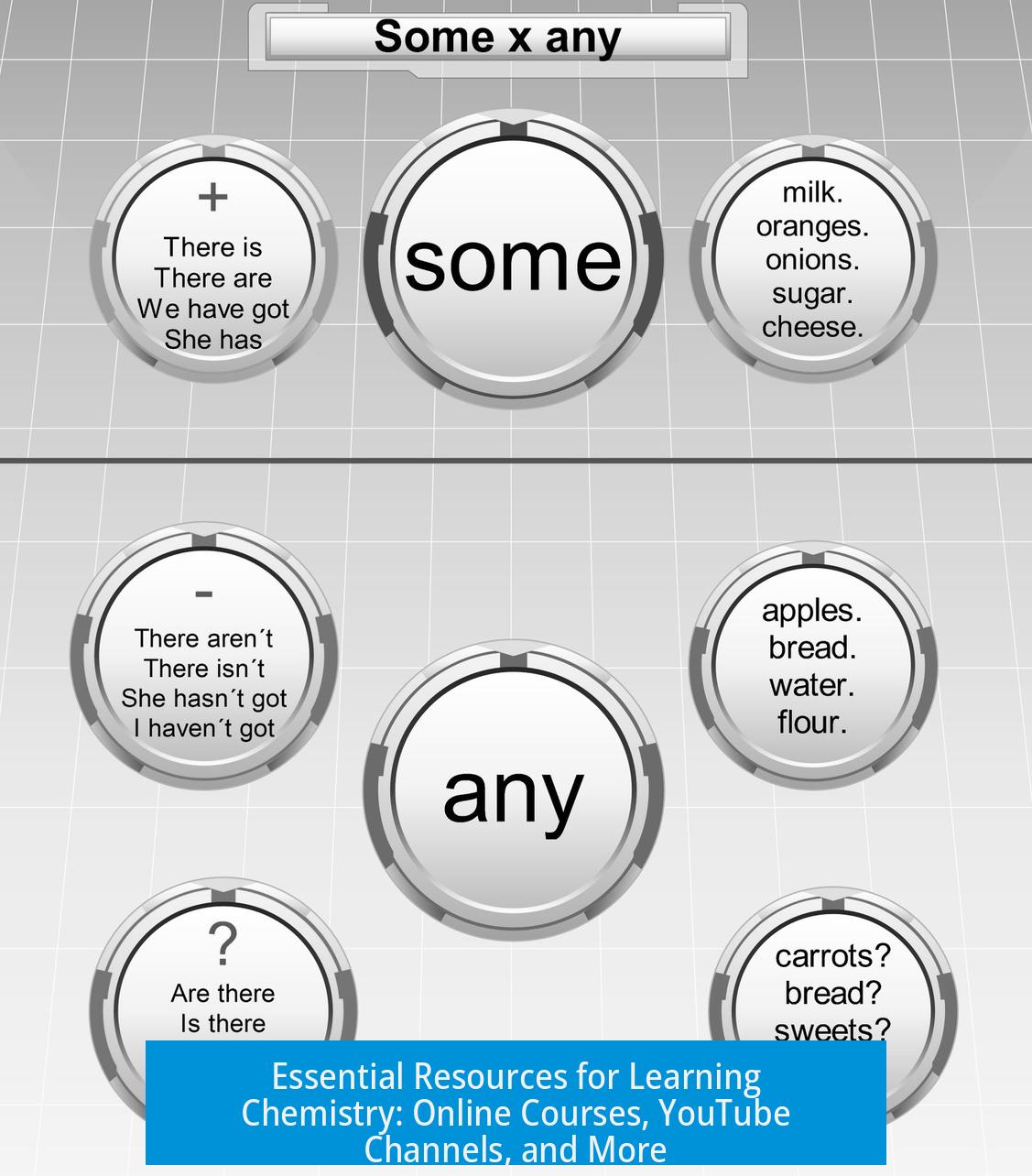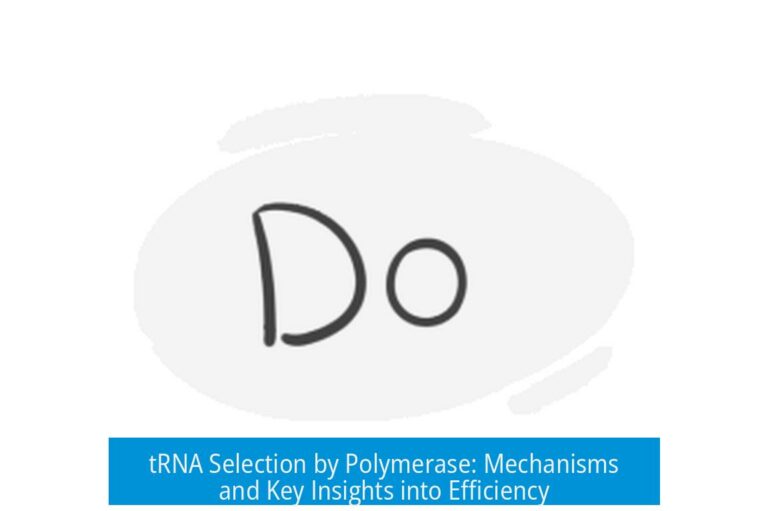Essential Resources for Learning Chemistry

Several excellent resources exist for learning chemistry effectively, including free online courses, textbooks, YouTube channels, practical hands-on opportunities, and professional websites. Choosing the right resources depends on your current level and learning goals.
1. Online Learning Platforms and Courses
For beginners and high school students, free, structured courses offer a solid foundation in chemistry principles.
- Khan Academy This platform offers comprehensive courses in General Chemistry 101 and 102. Lessons include video tutorials and practice exercises. Ideal for high school and early college learners. khanacademy.org/science/chemistry
- Chemguide Based on the UK curriculum, Chemguide covers AS and A-level chemistry with clear explanations. Though UK-centric, its content suits US learners aiming for deeper understanding. chemguide.co.uk
- Crash Course (YouTube) Offers engaging series on General and Organic Chemistry. These videos provide an overview and help bridge understanding before using formal textbooks.
2. Popular YouTube Channels
Visual learners can benefit greatly from chemistry-focused channels that explain concepts with examples and demonstrations.
- Tyler DeWitt A favorite for many educators, his videos simplify chemistry topics and are great for supplementing classwork.
- Organic Chemistry Tutor Extensive tutorials mainly on organic chemistry and general chemistry principles. While stylistically straightforward, the channel remains a trusted resource. Organic Chemistry Tutor
- NileRed Demonstrates cool chemistry projects and experiments, offering both educational content and entertainment for intermediate learners.
- Organic Chemists Focused on college-level material, especially useful for first-year students needing help with organic chemistry concepts.
3. Recommended Textbooks and Books
Textbooks provide depth and rigor necessary for serious study.
| Title | Author(s) | Details |
|---|---|---|
| Introductory ChemistryandChemistry: A Molecular Approach | Nivaldo J. Tro | Widely recommended introductory and college-level textbooks. Covers fundamental concepts with detailed explanations. |
| Chemistry: Structure and Properties | Nivaldo J. Tro | Begins with atomic theory progressing through thermodynamics, reactivity, and phase transitions. |
| The Chemical Basis of Life | George Schmid | College textbook linking chemistry to biological systems, integrating physics concepts. |
| Chemistry | C. E. Mortimer | Comprehensive textbook covering broad chemistry topics for intermediate learners. |
To make learning fun and relatable, these books come recommended:
- The Cartoon Guide to Chemistry – Explains principles via drawings and stories.
- The Extraordinary Chemistry of Ordinary Things – Connects chemistry to everyday life.
- The Elements of Murder – Explores poisons through historical narratives.
4. Practical and Hands-On Learning
Chemistry is an experimental science. Practical exposure reinforces theoretical understanding.
- Scientific Glassblowing offers specialized hands-on craft experience closely linked to chemistry labs.
- Studying water chemistry through plumbing or water treatment is a real-world application demonstrating pH, thermodynamics, and pressure effects.
- Lab experiments require proper safety measures, space, and equipment. Without prior training, home experiments can be hazardous and are discouraged.
- University labs sometimes provide access for interested learners under supervision. Contacting professors may open opportunities.
5. Additional Trusted Online Resources
- American Chemical Society (ACS): Reliable educational materials and chemistry overviews. acs.org
- Chem LibreTexts: A large open-access chemistry textbook and reference library. chem.libretexts.org
- Royal Society of Chemistry: Scientific resources and news at rsc.org
- Online Periodic Table: Interactive and detailed properties. ptable.com
- Sigma-Aldrich: Chemical supplier with data sheets useful to students. sigmaaldrich.com
6. Specialized Topics and Advanced Learning
For learners with interest in deep or niche areas:
- Particle physics and Schrödinger equation (Wikipedia)
- Nuclear Magnetic Resonance (NMR) Spectroscopy (Wikipedia)
- Organometallic Chemistry (Wikipedia)
7. How to Approach Studying Chemistry
- Assess your current level: high school, college introductory, or advanced.
- Balance analytical study (theory, mechanics) with experimental experience.
- Use university admission test materials as benchmarks.
- Focus on foundations first, then specialize in areas of interest.
- Consider enrolling in formal courses for structure and credentialing.
8. Inspiration and Motivation
Chemistry shapes industries and daily life. Discoveries such as synthetic diamonds and life-saving compounds illustrate chemistry’s impact. Respecting the subject can lead to a rewarding intellectual pursuit.
Key Takeaways
- Start with free online courses like Khan Academy and Chemguide to build strong fundamentals.
- Use visual and engaging YouTube channels such as Tyler DeWitt and NileRed to supplement learning.
- Textbooks by Nivaldo J. Tro and others provide depth for college-level understanding.
- Practical exposure through labs or supervised experiments is essential to master chemistry.
- Professional resources like ACS and Chem LibreTexts offer trustworthy, up-to-date material.
- Match resources to your current knowledge level and learning objectives for effective study.
What are some recommended online platforms for learning beginner chemistry?
Khan Academy offers free high school level chemistry courses. Crash Course on YouTube provides solid general and organic chemistry videos. Chemguide (UK based) is helpful for basic concepts. Tyler DeWitt’s YouTube channel is also popular for clear explanations.
Which textbooks are good for college-level chemistry study?
Nivaldo J. Tro’s books, like “Introductory Chemistry” and “Chemistry: A Molecular Approach”, are highly recommended. George Schmid’s “The Chemical Basis of Life” and Mortimer’s “Chemistry” are solid choices for detailed understanding.
Are there any engaging books to understand chemistry concepts easily?
“The Cartoon Guide to Chemistry” uses drawings to explain topics. “The Extraordinary Chemistry of Ordinary Things” links chemistry to everyday life. For an intriguing read, “The Elements of Murder” covers poisons through history.
How can I get practical chemistry experience if I don’t have lab access?
Look for labs at nearby universities or research institutions that might allow visitors. Scientific glassblowing is a craft related to practical skills. Some experiments can be done safely at home with proper equipment and guidance, but lab experience is best.
Are there useful online chemistry websites beyond courses and books?
The American Chemical Society offers educational material at acs.org. Chem LibreTexts is a comprehensive free chemistry resource online. Both sites provide detailed explanations and are updated regularly. They serve as excellent references for learning chemistry.





Leave a Comment